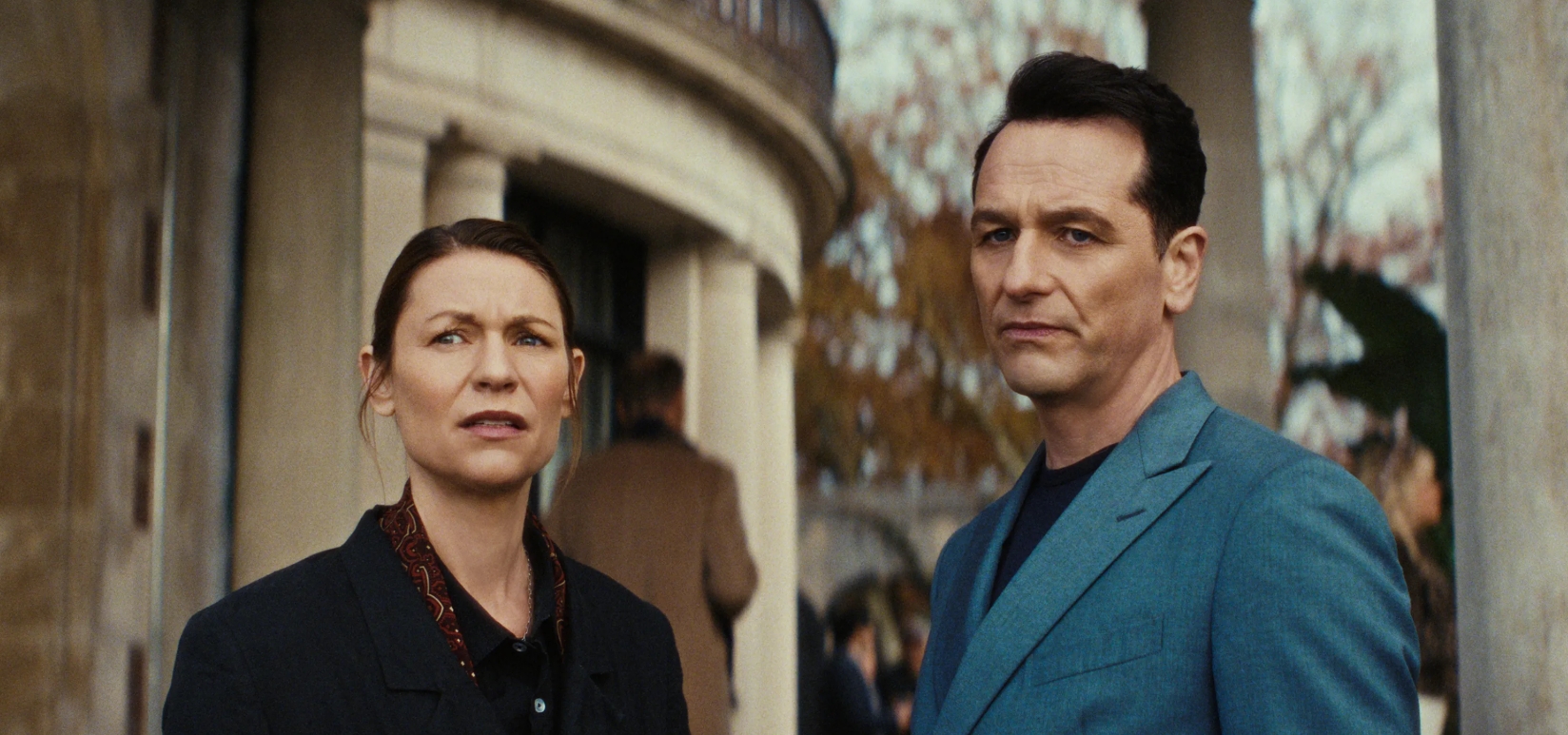Grasping the Central Theme of ‘Fight Club’
David Fincher’s Fight Club, initially transformed from Chuck Palahniuk’s 1996 book, has evolved into a lasting topic of cultural scrutiny because of its nuanced layers and thought-provoking storyline. The movie thoroughly explores concepts of consumerism, masculinity, identity, and societal disenchantment, creating a multifaceted message that sparks ongoing discussion and reinterpretation. Understanding the core of what Fight Club aims to convey requires a detailed investigation of its storyline, symbols, characters, and the socio-political environment in which it was created and perceived.
Consumerism and the Modern Identity Crisis
At the heart of Fight Club lies a searing critique of consumerist culture. The unnamed narrator, played by Edward Norton, personifies the modern individual consumed—both figuratively and literally—by material acquisition. The repeated showcasing of his disenchanted existence among IKEA catalogs and consumer goods signals a void that capitalism attempts, but ultimately fails, to fill.
With the founding of Fight Club, a clandestine venue, the characters forcefully dismiss conventional routes to personal value, typically based on material possessions and job position. Tyler Durden, the mysterious alter ego, often derides the consumer-focused way of life, summed up in his statement: “The things you own end up owning you.” Their renunciation transcends just shedding physical items, aiming to surpass the superficial methods society uses to gauge achievement and contentment.
Masculinity in Crisis: Reclaiming Agency Through Rebellion
Fight Club also provides a visceral exploration of masculinity in contemporary society. The men attending Fight Club suffer from a sense of emasculation, exacerbated by corporate structures, emotional repression, and a loss of perceived purpose. The film’s violent rituals symbolize a desperate attempt to reconnect with primal instincts and reassert autonomy in a world that has rendered them impotent and invisible.
Support networks for medical issues shown at the film’s beginning highlight the lack of areas where men feel free or motivated to open up about their vulnerabilities. Fight Club, despite its harmful nature, becomes a channel—offering both solace and connection, though through damaging ways. It reveals a profound dissatisfaction: the quest for purpose in an emotionally numbed and uniform era.
Divided Identities: Self-Perception and Isolation
The primary revelation—that Tyler and the narrator represent dual aspects of the same individual—functions as a symbol for contemporary disconnection. Tyler’s charm and influence are not outside forces but rather dormant tendencies within the narrator, indicating an inner struggle between adherence and defiance. This binary highlights the fragmented identities individuals frequently confront when fulfilling roles dictated by social norms.
The divided personality underscores the threats posed by unchecked suppression; Tyler represents what the narrator secretly wishes for—a life free from societal norms. This inner conflict prompts inquiries into the essence of authenticity, self-discipline, and the dangers involved in embracing extremism as a path to personal freedom.
The Destructive Path to Enlightenment
A defining tenet of Fight Club’s message is the paradoxical notion that destruction may be a precursor to self-discovery. Tyler’s anarchistic Project Mayhem campaign seeks to obliterate societal constructs, encouraging followers to hit psychological ‘rock bottom’ in order to rebuild. Scenes such as the burning of the narrator’s hand with lye symbolize painful rebirth; pain becomes a rite of passage towards self-realization.
However, the film’s satirical undertone complicates its endorsement of chaos. As the narrator witnesses escalating violence and the loss of individual agency among club members, viewers are provoked to question whether radical revolt breeds meaningful change or perpetuates new cycles of domination.
Challenging Power and Revealing Deception
Fight Club subverts traditional interpretations of power. Corporate monotony is mirrored in the Fight Club’s own rigid rules and eventual tyranny under Tyler. The structure morphs into a hierarchy indistinguishable from the corporate culture it purports to oppose, exposing the potential for any anti-establishment movement to replicate that which it resists.
The film also critiques ideological hero worship. Tyler, initially idolized, ultimately reveals the peril in blindly following charismatic leaders. When the narrator confronts and ‘kills’ Tyler, the act serves as a rejection of both external authority and the dangerous enticements of one’s unrestrained impulses.
Cultural Reception and Legacy
Once it was released, Fight Club sparked mixed reactions from audiences and critics alike, with some people misinterpreting it as a celebration of violence or nihilism. However, as time passed, more profound interpretations have emerged, positioning the film as a complex metaphor for contemporary existential concerns. It has generated vigorous scholarly debate, with sociologists, psychologists, and thinkers analyzing its depiction of end-of-century distress, the breakdown of social connections, and the quest for genuine experiences in a consumer-driven world.
Its lasting allure is also largely due to its ambiguity: Fight Club doesn’t provide straightforward solutions or unyielding criticism. The variety of interpretations highlights a key element of its message: the importance for people to question existing systems of authority, identity, and worth, instead of looking for redemption in external beliefs or through aggressive upheaval.
Reflective Synthesis
Fight Club provides a powerful depiction of contemporary dissatisfaction, grappling with the emptiness of materialism, the intricacies of self-perception, and the dangerous charm of defiance. Its enduring impact continues to serve as a trigger for contemplation on the frameworks influencing both shared and individual experiences. The movie’s continued importance is proof of its ability to disturb, incite, and encourage ongoing discussions about the price of modern life and the contradictions inherent in the search for significance.


